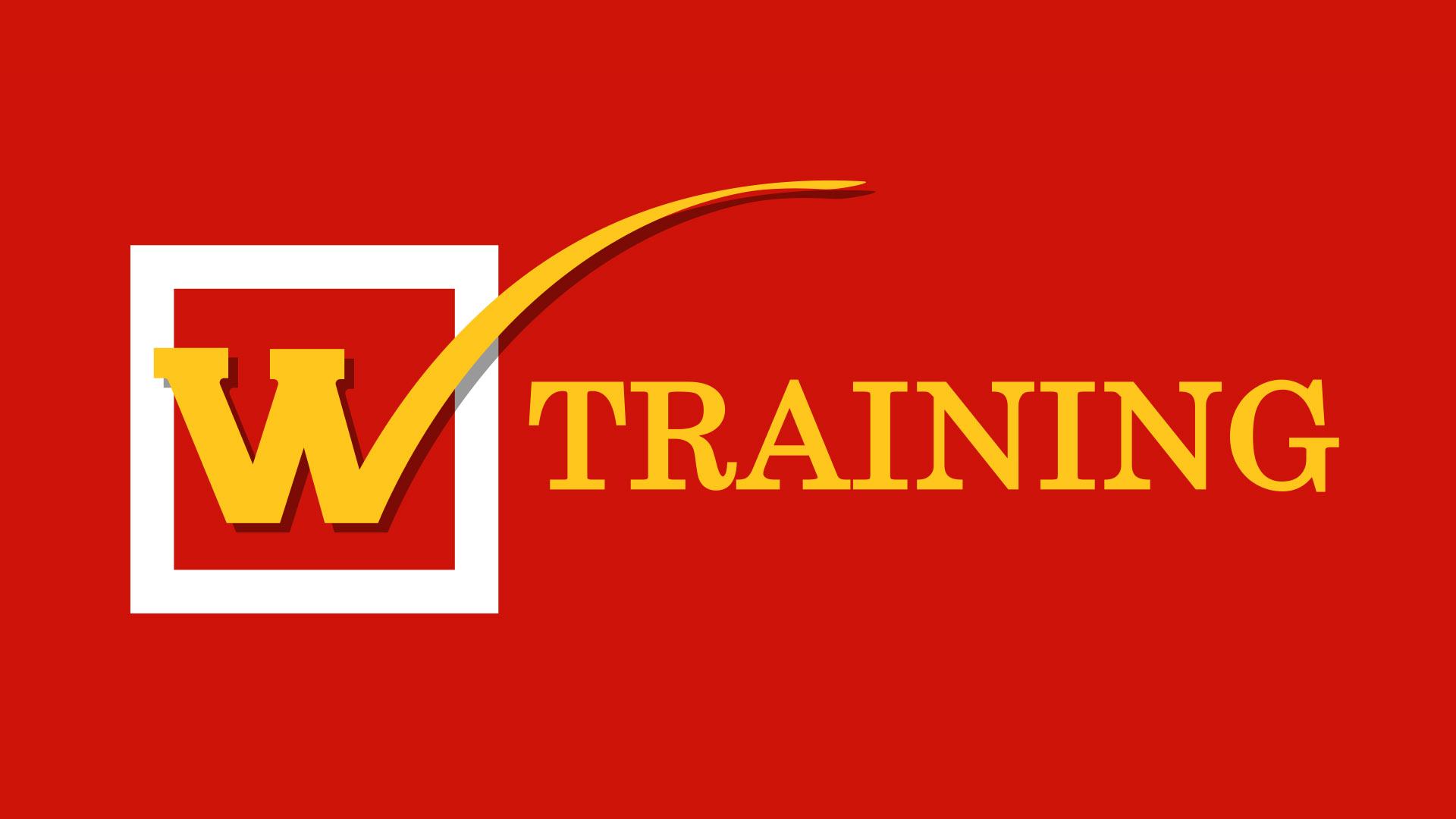
The Root of The Problem: Wells Fargo Ticked The Training Box
Recently, Wells Fargo agreed to pay a $185 million settlement for widespread fraud that local and federal regulators called a “major breach of trust.” In attempting to explain why thousands of bank employees opened more than 2 million fraudulent credit card and bank accounts, the bank’s CEO, John Stumpf has tried to blame a few bad apples. But the scope and scale of the fraud—Wells Fargo fired 5,300 employees—suggests a larger failing in the company’s culture, as well as a breakdown in compliance training.
The cost of glossing over training and ticking the compliance box goes far beyond a nine-figure settlement. Some are calling for the CEO to be fired, and arguably the bank’s brand has suffered tremendous damage beyond a measurable figure.
Apparently, a significant number of Wells Fargo employees failed to master two important lessons:
- That it’s illegal and unethical to open bank and credit card accounts in customers’ names without permission.
- That all employees have a legal obligation to report incidents of fraud.
It’s worth noting that, according to Compliance Week, regulators called for Wells Fargo to require its employees to undergo ethical sales training, and that Wells Fargo has already promised to beef up its employee ethics training. But as attorney Allen Smith observed on the Society for HR Management blog, Wells Fargo already had training programs that were supposed to make sure that the bank’s employees understood their legal and ethical obligations. What failed, according to Smith, is that the bank’s culture bore little connection to the content of its training programs. In other words, ethical training at Wells Fargo looks like it was largely perfunctory.
The cost of glossing over training and ticking the compliance box goes far beyond a nine-figure settlement. Some are calling for the CEO to be fired, and arguably the bank’s brand has suffered tremendous damage beyond a measurable figure. Going forward, it won’t be enough for Wells Fargo to say employees were exposed to the required training; the bank ought to be able to demonstrate the extent to which its employees and executive staff have mastered those competencies and, equally as important, ensuring there is a transfer of knowledge back into the workplace along with a recurrent training program. And if a few bad apples really are the problem, then a training platform that collects individualized performance data and analytics down to a single learning objective should go a long way to identifying compliance problems before they spin out of control.
Ultimately, if training is going to be meaningful, companies like Wells Fargo need to train everyone from the CEO to the local bank teller, and just as important, the training platform needs to be capable of pinpointing the knowledge each individual has mastered while identifying specific lessons that require further instruction.
